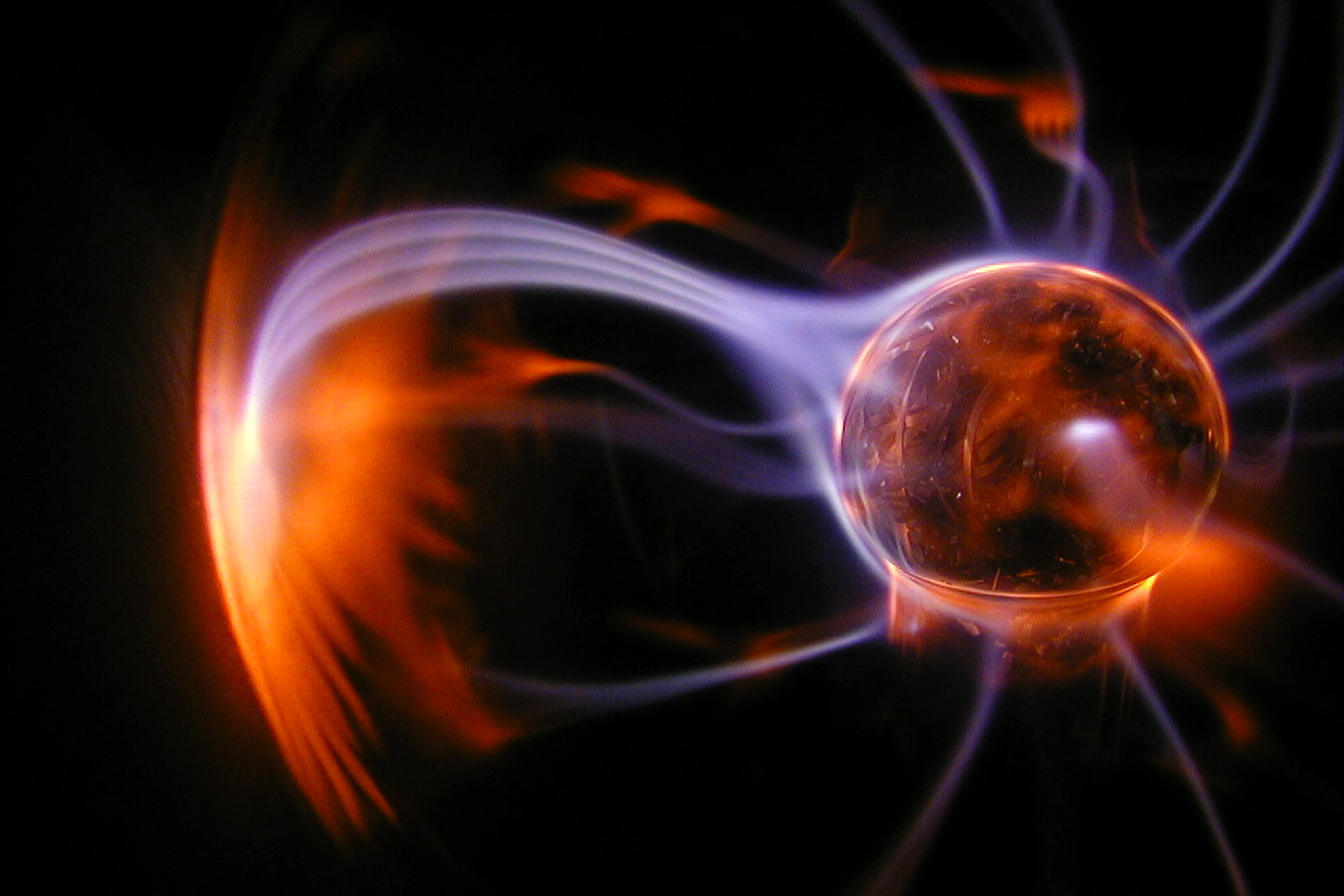
Some questions on scientific genius and scientific progress
The recent paper published by Simonton on Nature has already opened a debate in the scientific community. Summarizing, he maintains that “genius in science has become extinct”. In his opinion “scientist today might require more raw intelligence to become a first-rate researcher than it took to become a genius during the “heroic age” of the scientific revolution in the sixteenth and seventeenth centuries, given how much information and experience researchers must acquire to become proficient”. Besides the hyper-specialization that characterized the contemporary scientific world, Simonton explains the extinction of scientific genius sharing the Thomas Kuhn’s point of view, that a scientific revolution happens only in front of a discipline state of crisis produced by an accumulation of critical findings that continue to resist explanation. And the natural sciences do not seem in a crisis state.
Some questions raise from these statements:
- the improvement of scientific knowledge could today be described in terms of micro-paradigms shifts, instead of macro-disciplines shifts? In other terms, could the contemporary scientific progress be described as a rapid multiple micro-steps movement, rather than as a rare and isolated jump? It is difficult to become aware of the great progresses in singular specialized disciplines, provided that we are not specialized in all scientific disciplines.
- Maintaining that scientific genius is extinct because of the lack of critical findings that continue to resist explanation is sustaining the reaching of the scientific knowledge summit. And this is a statement repeatedly declared (and contradicted) in the course of the centuries. Moreover, behind this statement we see a conception of scientific progress as linear process. But the theories, discoveries or inventions (especially the groundbreaking ones) are often the products of non-linear movements. And the presence of a disequilibrium state (or crisis) is not always the precondition for the emergence of non-linear products.
- It is possible that we are not more able to be surprised? The scientific discoveries are customary; every day we assist to the progress of human knowledge. If we look at the last 40 years, we can realize the deep change of our world. This revolutionary change is the product of big and small steps in our knowledge. Are we really able to recognize the contribution of single persons in this change? It is possible that we are not more able to recognize genial insights? Or better, it is possible that the scientific progress does not more recognize the great changes brought by great minds?
